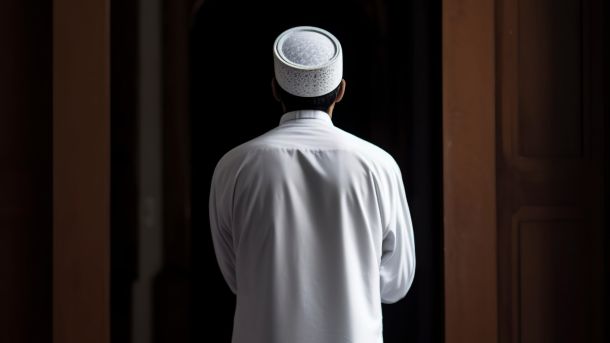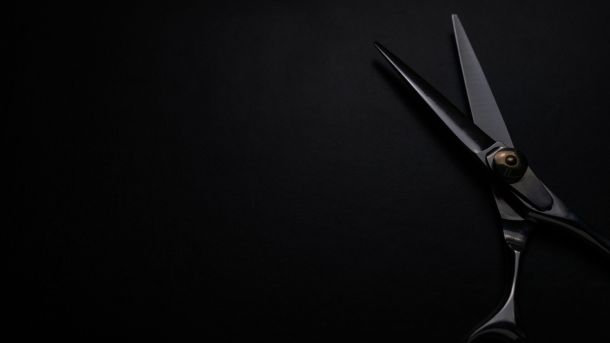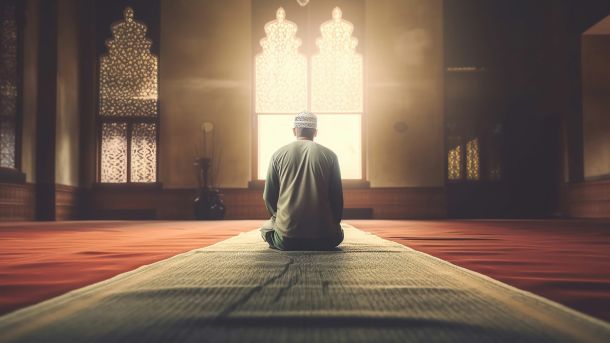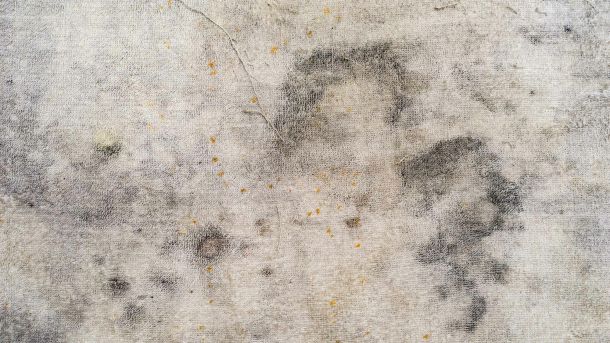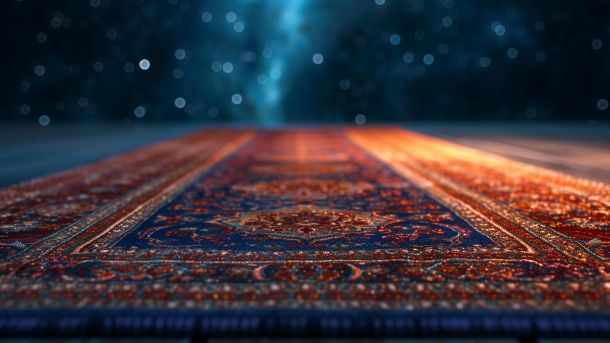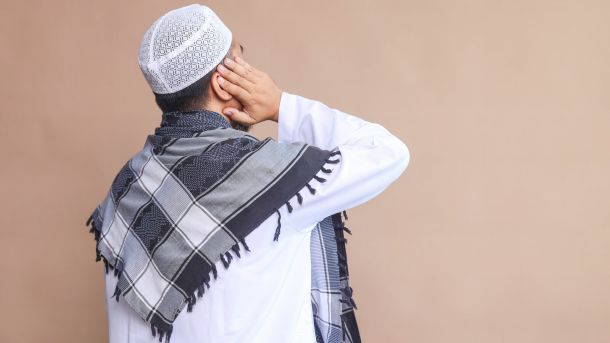News Archive
Mar 25, 2024
The Greatest of all Testifications and the Elevated Standing of the Scholars
Allāh the Most High said:
شَهِدَ اللَّهُ أَنَّهُ لَا إِلَٰهَ إِلَّا هُوَ وَالْمَلَائِكَةُ وَأُولُو الْعِلْمِ قَائِمًا بِالْقِسْطِ ۚ لَا إِلَٰهَ إِلَّا هُوَ الْعَزِيزُ الْحَكِيمُ
“Allāh bears witness that Lā ilāha illā Huwa (none has the right to be worshipped but He), and the angels, and those having knowledge (also give this witness); (He is always) maintaining His creation in Justice. Lā ilāha illā Huwa (none has the right to be worshipped but He), the All-Mighty, the All-Wise.”
(Āli-ʿImrān, 3:18)
Imām ʿAbd al-Raḥmān ibn Nāṣir al-Saʿdī comments:
This represents the most exalted testimony t…
Mar 24, 2024
Placement of the Hands When Standing in Ṣalāh
After saying the takbīr and raising his hands, the Prophet (صلى الله عليه وسلم) would grasp his left wrist. There are also people that, after saying the takbīr and raising their hands, drop their hands first before clasping them together. There is no basis for this action. Rather, they should immediately clasp their left wrist following the raising of their hands. By ‘wrist’, we are referring to the bone that is anatomically next to the thumb. By grasping it, we mean the joint itself. This is the manner of praying that has been narrated in the Sunnah.1 It was also narrated in the Sunnah that…
Mar 24, 2024
Answering Christian Doubts: Muslims and Christians Can Agree on the Glorification of Jesus
The Christians say: The noble Qurʾān has glorified ʿĪsá (عليه السلام) and his mother Maryam (عليها السلام). This represents our view and creed as well. Therefore, our religions are in agreement. So, the Muslims should not object to our beliefs.
This is answered with the following points:
Veneration of both of them is not the subject of debate between us, and Christians are not disbelievers merely because of it. Rather, the disbelief of the Christians is related to their ascribing matters to them that are unbefitting of the exaltation and majesty of lordship and unrepresentative of the lo…
Mar 23, 2024
Clothing Guidelines for Males to Pray In
It is recommended for a man to pray in at least two pieces of clothing. This is because it is more encompassing and offers a greater degree of coverage for the body. It was also authentically confirmed that ʿUmar ibn al-Khaṭṭāb (رضي الله عنه) said: “If Allāh has widened the blessings bestowed upon one of you, then let him take advantage of those blessings he has been granted. Let men wear the pieces of clothing they possess such that one prays in an izār [cloth used to wrap the lower portion of the body] and ridāʾ [cloth used to wrap the upper portion], and another in a shirt and izār…”1 and…
Mar 23, 2024
What Should the Imām Do If He Loses His Wuḍūʿ?
[Q]: One day, I led the congregational ṣalāh. Whilst praying, I remembered that I was not in a state of purity. I did not know what to do at the time. So, confused and embarrassed, I continued leading them in prayer. Afterwards, I repeated my ṣalāh but I never informed them of my actual state as I was too embarrassed. What is the ruling on my actions—may Allāh reward you?
[A]: The prayer of those in the congregation is valid as they were ignorant of your actual state. If the people pray behind a person who remembers that he is in a state of impurity, but he completes his ṣalāh with them, the…
Mar 23, 2024
Realising the Presence of Najāsah On One’s Self After the Conclusion of Prayer
The Ḥanbalī Ruling on the One Who Is Unaware, Forgetful, or Ignorant of Najāsah
According to the Ḥanbalī madh`hab, the one who sees najāsah [on his clothing or body] after praying, but was unaware of it during the prayer does not have to repeat his ṣalāh. As for the one who knew it had marred his clothing, but forgot it or was ignorant of its place, he must repeat his ṣalāh.
The najāsah being referred to here is an amount that may not be overlooked. As the presence of an amount that may be overlooked will not harm one’s ṣalāh.
‘On him’ that is, either on his body or clothing. Two scenarios…
Mar 23, 2024
Positioning One’s Gaze in Ṣalāh
Looking at the Place of Sujūd
The imām, the one being led, and the one praying by himself, all should look at the place of their sujud while praying. This is the opinion that has been adopted by the majority of scholars as evidenced by the ḥadīth: “The Messenger of Allāh (صلى الله عليه وسلم) used to look at the place of his sujūd when praying”.1 Looking at the place of sujūd during ṣalāh has also been used to interpret the saying of the Most High:
قَدْ أَفْلَحَ الْمُؤْمِنُونَ ﴿١﴾ الَّذِينَ هُمْ فِي صَلَاتِهِمْ خَاشِعُونَ
“Successful indeed are the believers. Those who offer their ṣalāh (pra…
Mar 23, 2024
The Desirable Qualities in a Muʾadhin
The muʾadhin should be one who is loud-voiced, trustworthy and knowledgeable regarding the timings of the prayers. In our saying ‘should be’, there is an indication that some of these qualities may be obligatory in one who calls the adhān, or they may be considered recommended. We should examine the evidence that stipulates these attributes and that which has been proven obligatory should be labelled thus, and that which has been labelled recommended should likewise be labelled.
The Quality of Being Loud-Voiced
As for the attribute of being loud-voiced, this quality is recommended and not obl…

